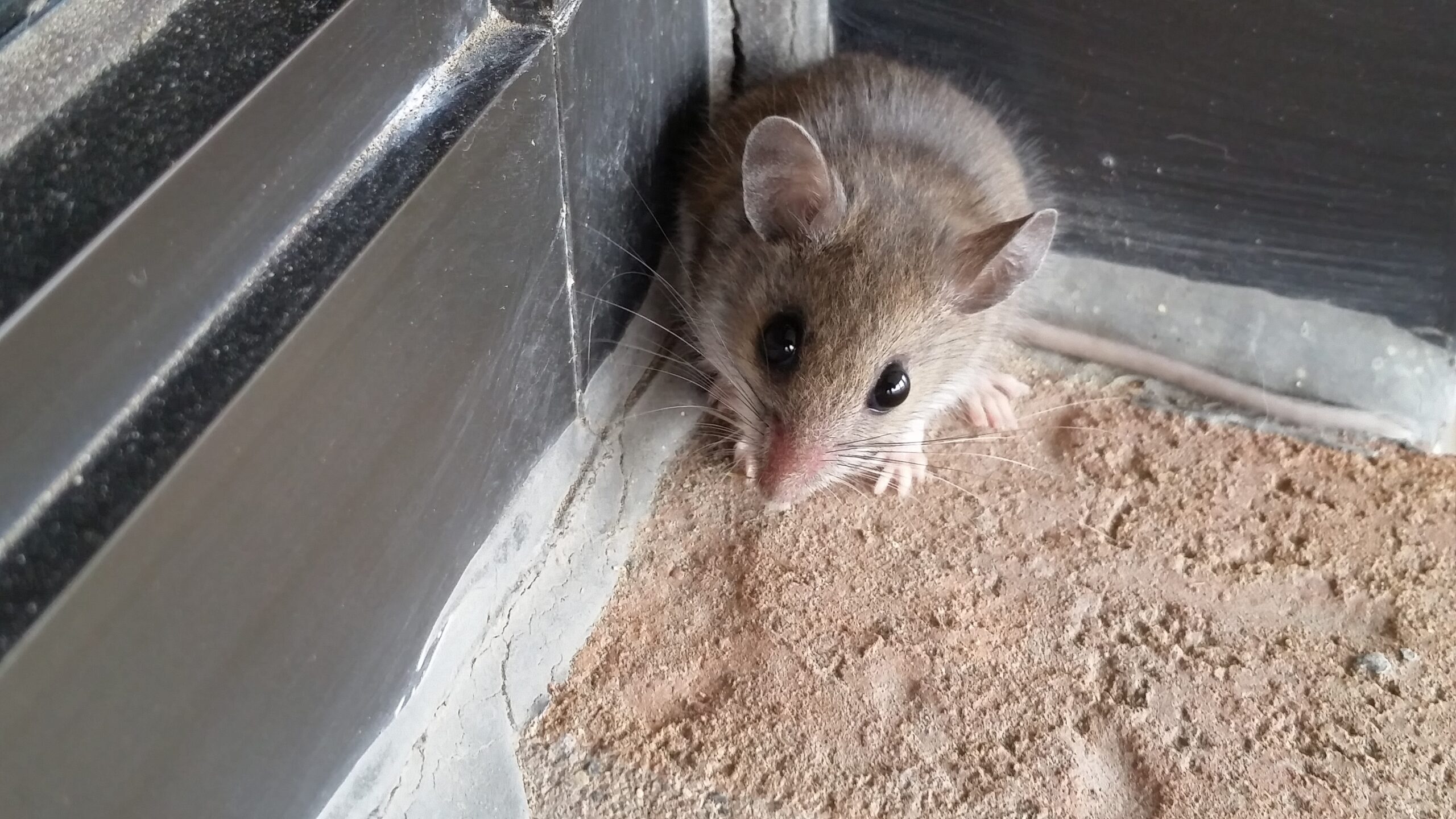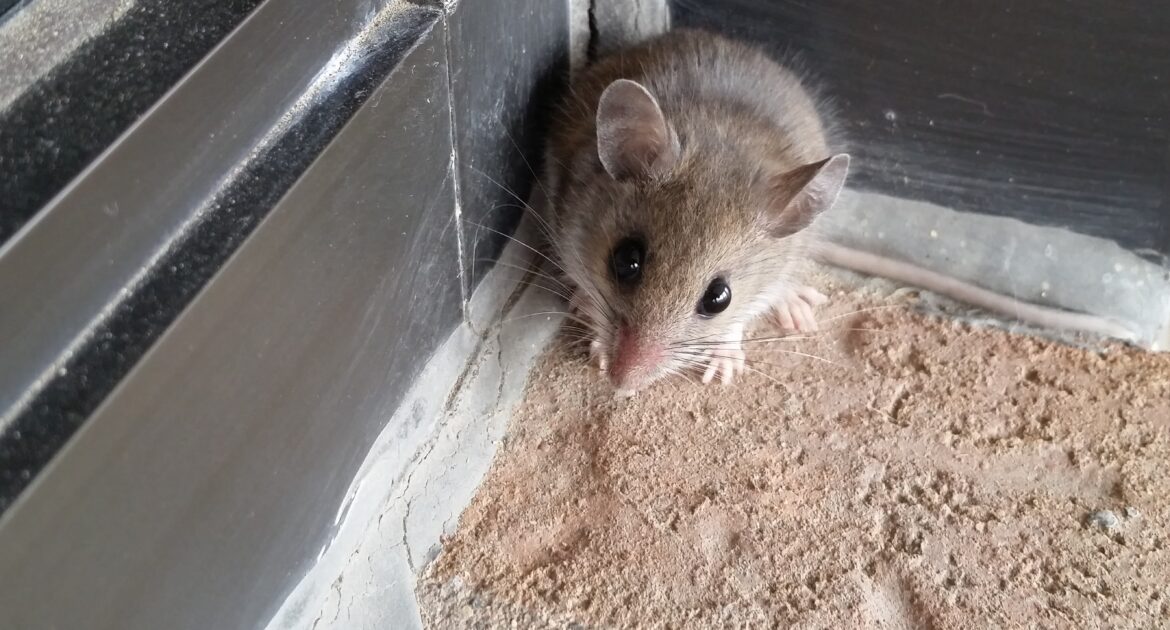It is easy to underestimate mice because of their small size and delicate features that some people find frankly adorable. Nevertheless, mice can be relentless agents of destruction. If they get into your house, no corner is safe, as they are small and agile enough to squeeze into the smallest nooks and crannies. The more mice there are, the more likely they are to get into your food supplies unless you call for mice control in Niagara promptly. Learning about the eating habits of mice can give you a greater understanding of what you are up against.
1. Mice Don’t Particularly Like Cheese
The association between mice and cheese is firmly established in the collective consciousness. Nevertheless, research has demonstrated that mice aren’t necessarily attracted to cheese. In fact, the opposite is true. Mice have very sensitive noses, and the pungent aromas that many kinds of cheese emit may actually repel them. Mice are opportunistic feeders, so they will eat cheese if there is nothing else available, but it won’t be their first choice if there are more appetizing options available. Given the choice, mice prefer grains, fruits, and all manner of sugary foods.
How did the association between mice and cheese get started? It appears to date back to the Middle Ages. There was no refrigeration back then, so people had to keep food such as cured meats, grains, and cheeses in storage rooms or larders. The meats were usually hung up high so mice couldn’t reach them. The grains were stored in big sacks, making it difficult to tell if the mice had taken anything from them. The mice probably nibbled on cheese because it was easily accessible, and the impressions that their teeth left behind bore witness to their presence. It may have seemed to the medieval people that the mice preferred cheese over the other food sources available. In reality, the grains were probably the mice’s favourite.
2. Mice Are Omnivorous
An omnivore is an animal that can eat both vegetables and meat. A mouse may not seem like a very formidable hunter because of its small size. While most mice are not very predatory, they are omnivorous, meaning that they can and do eat meat when it is available. As a matter of fact, mice actually prefer meat to cheese.
Mice are social creatures that live in large groups. When food is scarce, they can become very aggressive toward one another, even going so far as to kill and eat their own kind. This diabolically clever solution simultaneously provides them with a fresh food source—at least for a while—and reduces the number of mouths to feed.

3. Mice Have Voracious Appetites
Maybe part of the reason that mice are not too picky about their food is that they cannot afford to be. Mice have an extremely high metabolic rate, so they have to eat a lot of food to keep sufficient levels of oxygen to their tissues and retain body heat.
Generally speaking, small mammals tend to have high metabolisms than large ones. It has to do with the ratio between the volume of their bodies versus the surface area. When the volume of the animal’s body is larger than the surface area, the animal’s metabolism is slower, and the animal doesn’t have to keep eating to replace the energy it is losing. A mouse has a very small volume compared to its surface area, so it has to keep eating to maintain the energy needed to sustain its bodily functions. As a result, mice eat between 15 and 20 times per day.
Mice Control in Niagara From Skedaddle
When you understand a mouse’s high metabolic demands, it makes sense that they choose to make nests in human homes where food is plentiful. Nevertheless, mice can cause property damage and spread disease. Call Skedaddle Humane Wildlife Control in Niagara to have them safely and thoroughly removed from your home.




